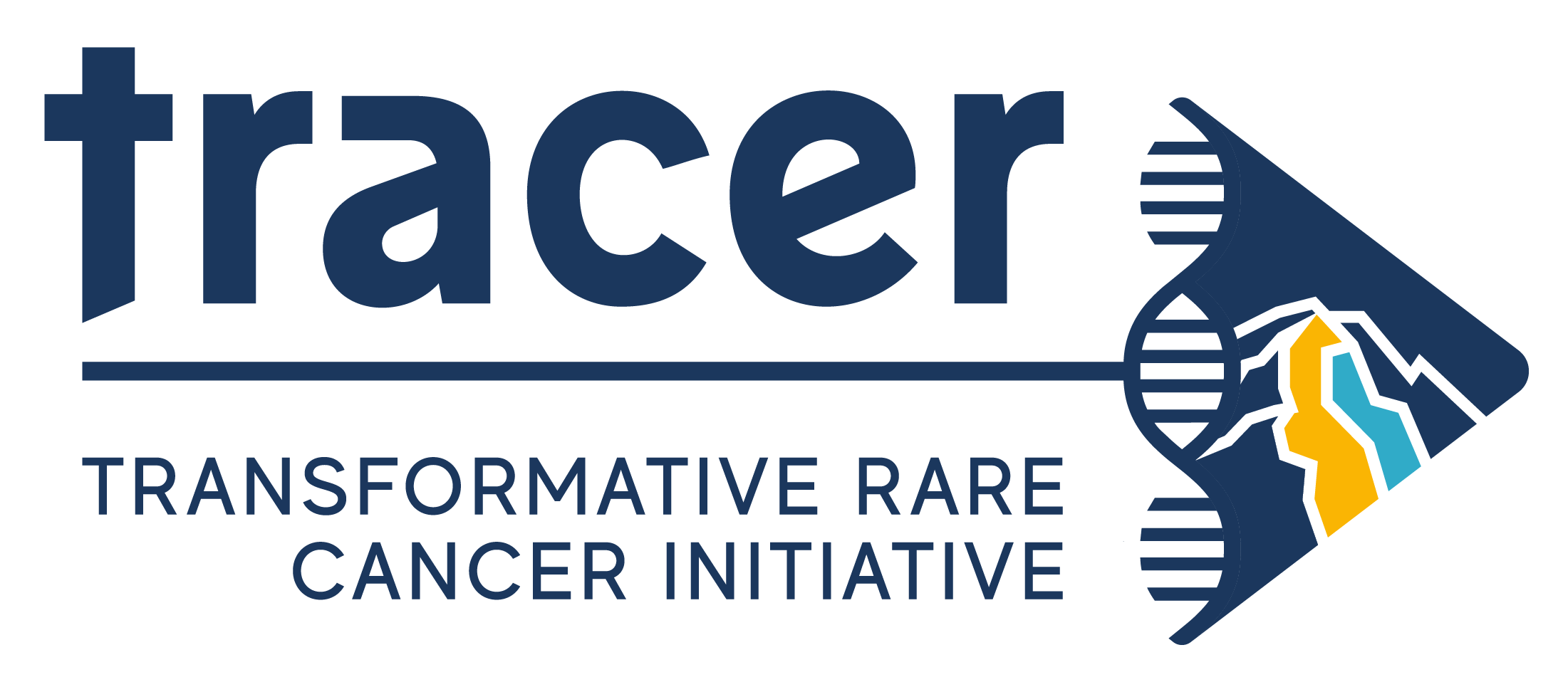About Us
Learn about the TRACER initiative

TRACER
TRACER is part of the Seattle Translational Tumor Research (STTR) initiative within the Office of Translational
Research (OTR) led by Dr. Taran Gujral.
With Dr. Gujral’s leadership, the Rare Cancer Tumor Team’s mission
is to advance care through strategic clinical collaborations with the STTR and wider oncology community,
developing new transformative approaches through innovative research and community engagement. The
vision of this team creates a platform for collaborative, focused projects amplifying the efforts of organ-
specific tumor sites.

Director
Taran Gujral, Ph.D.
Associate Professor, Fred Hutch
Dr. Gujral is an Associate Professor in the Human Biology Division at Fred Hutch. Dr. Gujral’s lab has been at the forefront of pioneering system-based functional screening methods for uncovering novel therapeutic targets and repositioning existing therapies. Their efforts span across diverse rare cancer types where these cutting-edge approaches are being actively applied. Despite each rare cancer affecting fewer than six individuals per 100,000, their collective impact is substantial, contributing to over 20% (1 in 5) of all diagnosed cancer cases globally. Recognizing the need for enhanced collaboration due to the rarity of these conditions, there is a call for better coordination to generate and share information, specimens, and derivative models. This collaborative effort aims to facilitate collective advances in discovering therapeutic solutions. Under the leadership of Dr. Gujral, the Rare Cancer Tumor Team is dedicated to advancing care through strategic clinical collaborations within the broader oncology community. Their mission encompasses the development of transformative approaches through innovative research and active engagement with the community.

Advisory Board
John Hopper
Co-Chairman, Rare Cancer Coalition
John Hopper serves as the Co-Founder and Co-Chair of the Rare Cancer Coalition at NORD (National Organization for Rare Disorders). Additionally, he currently serves as Executive Board Director of SARC (Sarcoma Alliance for Research through Collaboration), Strategic Advisory Board Director of the National Pancreas Foundation; Co-Founder of the GI Cancers Alliance and Inaugural member of the Chan Zuckerberg Initiative (CZI) Rare as One Network. John is the former President of the Fibrolamellar Cancer Foundation and advisor with the Department of Defense CDMRP grant program. Before dedicating his efforts to healthcare foundations, John demonstrated his leadership capabilities by establishing and managing multibillion-dollar revenue centers and overseeing start-ups and turnarounds in various industry sectors. His expertise spans health and wellness, digital and interactive technologies, consumer goods, environment, and technology on both national and international levels. He was one of the pioneers in leveraging celebrities and sports properties to better educate patients and physicians on key health/wellness issues, including working with Magic Johnson, Larry King, Joe Namath, MLB, NFL, to name a few. John Hopper is an alumnus of the College of the Holy Cross and has completed the Unilever/Oxford Executive MBA program. In 2020 he and his family created the Hopper-Belmont Inspiration Award which to-date has recognized 16 early career investigators focused on early diagnosis and novel therapies for some of the most aggressive, and often rare cancers www.hopperbelmont.org/award-winners

Mark Gilbert, MD
Head, Neuro-Oncology Branch, National Cancer Institute
Dr. Gilbert is renowned for his innovative clinical trial development for ultra-rare brain cancers. He has established both national and international consortia, notably the Brain Tumors Trials Collaborative. This collaborative achieved a significant milestone by conducting the first neuro-oncology study to incorporate an adaptive randomized design. Dr. Gilbert also spearheaded the Collaborative Ependymoma Research Network (CERN), yielding critical insights into ultra-rare central nervous system tumors like ependymoma. More recently, he co-led the NCI-CONNECT program, a Cancer Moonshot-funded initiative focused on the comprehensive study of rare central nervous system cancers.

Brooke Howitt, M.D.
Associate Professor, Stanford
Brooke Howitt an Associate Professor in the Pathology Department at Stanford University. She earned her Bachelor of Arts in Biology from Washington University in St. Louis and subsequently obtained her medical degree from Stanford University. Dr. Howitt completed her residency in Anatomic Pathology and a fellowship in Women’s and Perinatal Pathology at Brigham and Women’s Hospital, where she later joined the faculty. Her research interests broadly encompass the identification of pathological and molecular characteristics of rare gynecologic cancers and their precursors. These findings aim to enhance clinical diagnosis, prognosis, and predict responses to treatment. Dr. Howitt serves as the faculty co-lead of the Stanford University Biobank, offering a diverse array of biorepository services.

